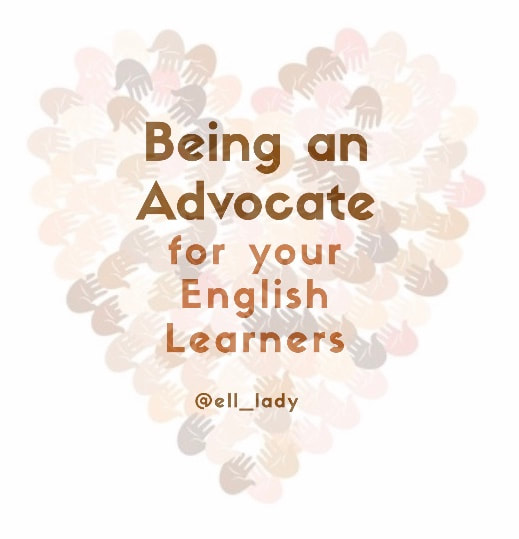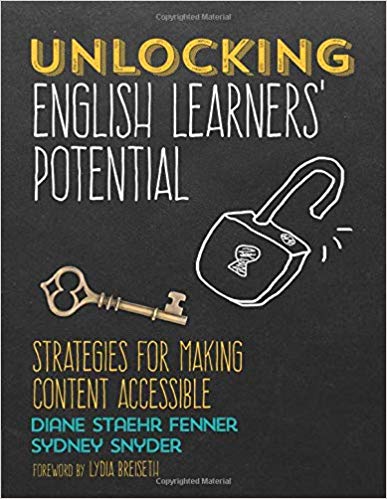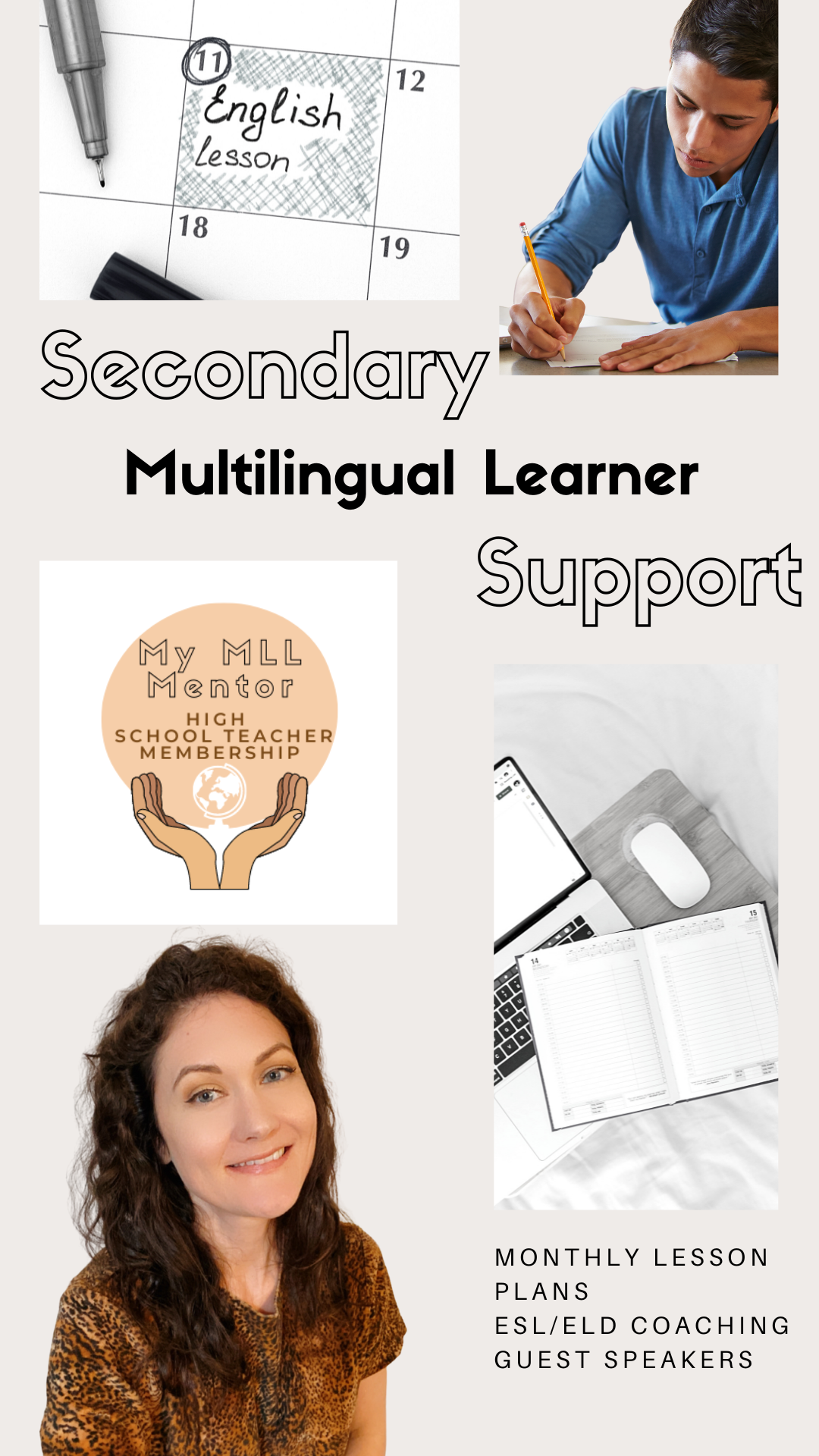|
I don’t usually get to go to the TNTESOL conferences because I’ve got kiddies of my own and our schedule is a little hard to figure out, but I was so excited when this year’s mini conference came around to west Tennessee.
I love Unlocking English Learners Potential by Dr. Diane Staehr Fenner and Dr. Sydney Snyder. So when I saw that Dr. Staehr Fenner was a keynote speaker, I was ready. A colleague of mine said she attended one of her trainings a summer or two before and that she got a lot of great information. She focused on two things with us during the conference: being an advocate and academic language. Before starting my career as an ESL teacher, I had no idea how hard I'd have to go to bat for my students. And I mean fight for them sometimes. Really put my work relationships to the test. I had no clue that this was part of my job, but it makes it all the more fulfilling. Some ELs come with a little English, and some come with absolutely none. Even if they have a little, they still may not feel comfortable to speak out with any issues they may be having with things related to grades, teachers, class, friends, or home life. And if their school doesn't have a bilingual mentor there to help, they really don't have a voice. This is why being an advocate for them is so important. One thing Dr. Staehr Fenner discussed was being the voice for them and their families. How can we do this if we don't have a bilingual mentor or translator available? What if you want to be the one to make contact with families? You may want to be the face they associate with making them feel welcome and cared about. Some of the things I have used are apps such as Talking Points and Google Translate. Google Translate is a quick and easy way to communicate, and it's even quicker when you don't have to type! It has a conversation mode where you can just speak into the microphone in your native language, and it will immediately translate so you can converse. Talking Points is a way to communicate, but less in real time. It's a great way to send home messages and letters to families and it can translate in over 100 languages. It may not be perfect, but getting your point across is possible. More importantly, showing you are there for your students and their families is possible. Along with being their voice, Staehr Fenner stated that advocating involves having a full understanding of our ELs and their families to know what they need. That's where Talking Points can come in more. Build that relationship with them first through the app. Invite them to come up to your school if they can for conferences or any other events that your school may be having. Just being there for them and being a resource will allow them to open up and let you know their needs. Last, working for equitable education by taking action is where you can further be their voice. Students may come to you, or you may notice issues with the following:
If there is an issue, first make sure you document it with my organizer here. Second, take a look at the 5 Step EL Advocacy (Framework National Education Association, 2015):
Assets-Based Perspective There is nothing wrong with ELs; nothing we need to fix. Dr. Staehr Fenner suggests:
And last, be a leader. Dr. Staehr Fenner and Lydia Breiseth recommends doing the following four things to show leadership for ELs:
There are plenty of opportunities to take action and be there for our students and content teachers. There are also a lot of resources for our own learning through different avenues and social media groups. Find a Facebook group (You are welcome to join our group at Supporting English Learners K-12), follow some teachers on Instagram or Twitter, or join a community through a website. Dr. Staehr Fenner's website, getsupported.net, has a wealth of free tools and professional development. It's an excellent place to get started. If you have a favorite resource or learning community that you are a part of, please share in the comments! To learn more about strategies for incorporating language into your lessons, check out my course, My EL Mentor: Creating a Language-Rich Classroom! And if you are a high school teacher, consider joining my membership, My MLL Mentor, to discuss ideas like this with other high school ESL teachers!
0 Comments
Leave a Reply. |
AuthorI support middle and high school teachers through monthly lesson plans, coaching, and guest speaker offerings in our Secondary ESL Teacher Membership. Archives
April 2023
Categories
All
|



 RSS Feed
RSS Feed
